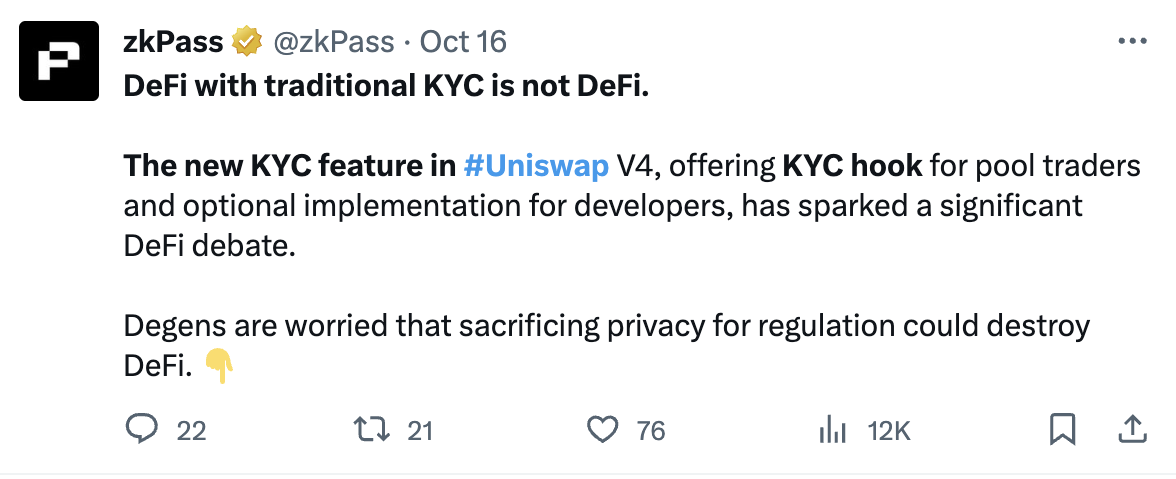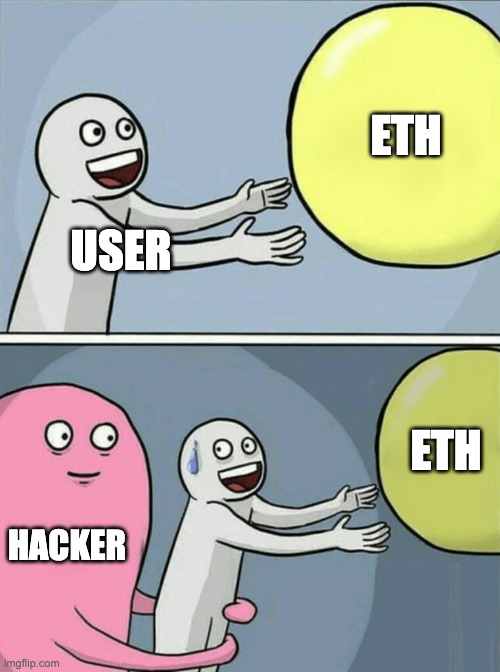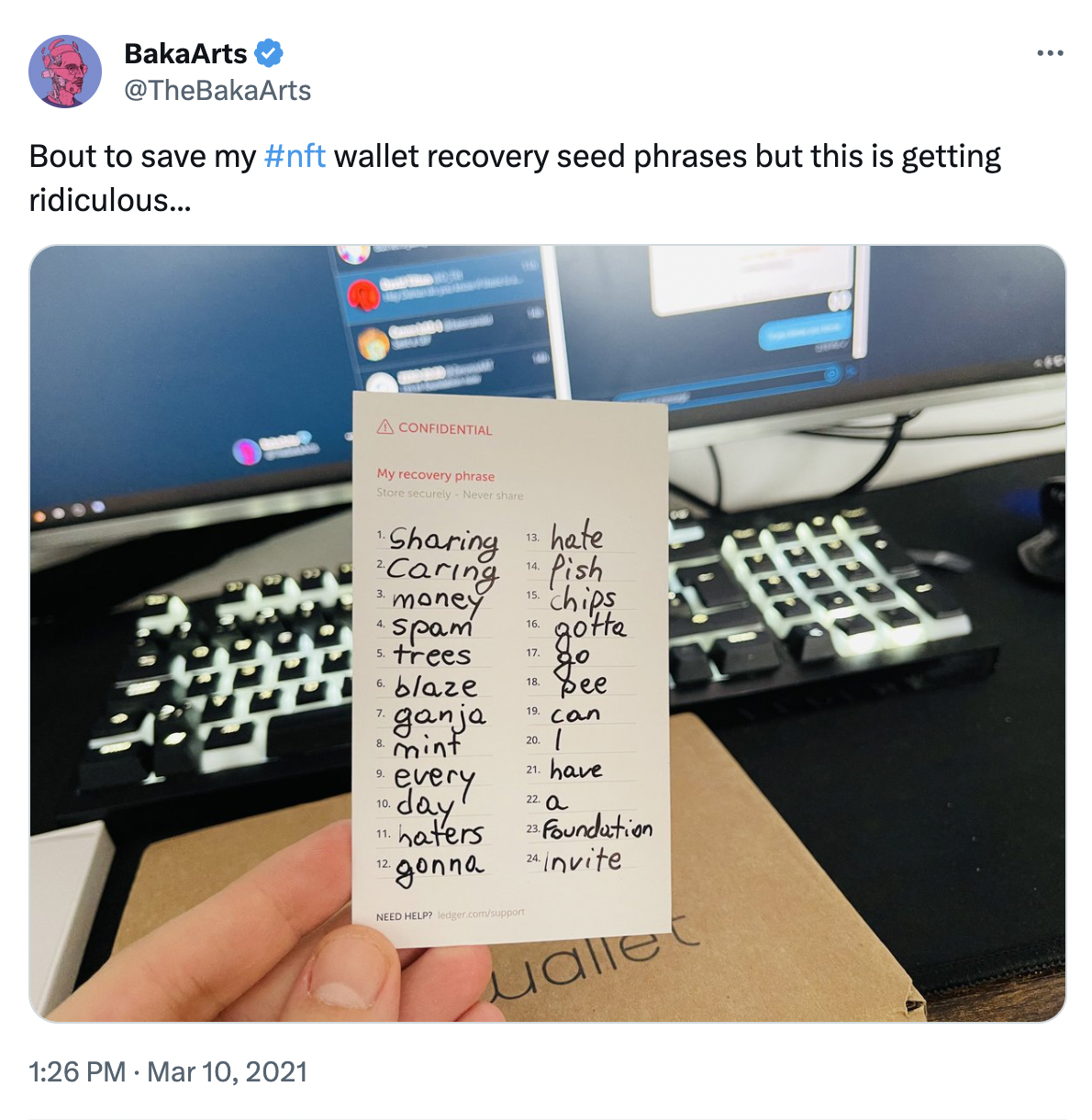- Use cases for self-sovereign identity in DeFi
Intro
Earlier this month, the release of an optional KYC hook for Uniswap V4 stirred wide community controversy. The hook enables users to be checked for Know Your Customer (KYC) before they can trade in liquidity pools. DeFi is built on the premise of being an inclusive and accessible alternative to traditional finance. The introduction of a KYC hook triggered the memory of the extensive KYC/AML process we experienced with TradFi players. While ensuring the safety and legitimacy of financial transactions, it often results in preventing marginalized communities from participating in the financial system.


The vision vs. the reality
DeFi is set out to be an inclusive and accessible alternative to existing financial infrastructure. So far it is achieving its goal by providing financial access to all including the less privileged (e.g. the unbanked populations). However, without a doubt, DeFi has also been plagued by an overwhelming amount of scams and fraudulent activities. In fact, "50 shades of scam" has become a frustrating reality for those involved in the space. Whether experienced or new to DeFi, it's likely that you or someone you know has fallen victim to a rug pull or other malicious behavior. This raises the pressing question: how do we address this issue and protect the community from bad actors without hindering the growth and accessibility of DeFi for the vast majority?
Finding a balance between security and open access is crucial in moving forward toward a trustworthy DeFi ecosystem. We must work towards developing effective measures that prevent scams and fraudulent behavior, while also promoting transparency and accountability. Only then can we truly unlock the full potential of DeFi and create a space that is safe, inclusive, and beneficial for all.

Entering Self-sovereign Identity (SSI)
Self-sovereign Identity (SSI) is a promising solution that has the potential to address the existing issues without comprising the web3 principles. Integrated with privacy technology such as zero-knowledge proof, SSI gives you the power to build trusted and secure relationships between users and dApps, following the principles of web3 and privacy by default.
What are some key use cases of SSI? Let’s dive in.
KYC and AML Compliance
First and foremost, SSI could allow users to securely share verified identity credentials to comply with KYC/AML requirements without revealing more personal information than required. One reality that everyone has come to accept is that KYC is coming to DeFi space and it is necessary. But it needs to be done in line with the principles that DeFi is set to achieve. A flashback of web3 principles: privacy preservation, user-based ownership, and user agency. With zero-knowledge technology, we can keep real-world data (e.g. your government IDs) in the user wallet, and verify that data on-chain by generating a proof out of user data to interact with smart contracts.
Immutable Reputation
Users can also build an immutable reputation score over time using their self-sovereign identity, which can be valuable for DeFi platforms to assess the trustworthiness of participants in various financial activities such as loan origination.
Cross-platform portability
And the user reputation score is portable. With self-sovereign identity, users can have a single, portable identity that can be used across various DeFi applications based on different Layer 1 chains. This simplifies the user experience and makes it easier to move between different DeFi platforms without having to repeatedly create new accounts or undergo KYC checks.
Tiered DeFi Product Offerings
We have seen a rush of tradFi talent coming into DeFi and making institutional-grade financial products available to retail investors. However, this is a double-edged sword. Making derivative products available to retail investors who barely know the basics of trading is dangerous and can easily result in significant financial loss. A variation of SSI can potentially include a “sophisticated investor” tag that enables access to more complex products while protecting naive investors from accessing these. The user will need to go through a knowledge test in order to qualify as a sophisticated investor.

Sybil Resistance
Sybil attack happens when a malicious actor creates multiple fake identities or accounts (called Sybils) and uses them to gain disproportionate influence over the network. It is a common issue in blockchain. In the context of DeFi, a Sybil attack can manifest in several ways and can have severe consequences, including the manipulation of voting, governance decisions, and potentially financial exploitation (e.g. liquidity pool exploration and flash loan attacks).
SSI ensures that users are who they claim to be. It can help prevent Sybil attacks from happening.
Improved User Experience
We have heard a lot about onboarding the next billion to Web3. But there is little chance we get there with the existing user experience. SSI can help improve user experience and make Web3 dapps more user-friendly.

Passwordless Login: SSI removes the need of having passwords and enables passwordless login. Ironic enough, the existence of the password itself is a security risk. A lot of scams happen not due to technical bugs but rather social engineering. Hackers don't break in, they simply use credentials obtained through illicit means. SSI secures your systems and improves user experience by eliminating the need for passwords and implementing passwordless authentication.
Easy onboarding: Verifiable Credentials are reusable. Once users receive a KYC credential, they can reuse that credential on each service they sign up for.
Composable reputation: Users can build a reputation across multiple apps that can be collated, and accessed by new services on sign-up.
Secure wallet recovery
SSI can be used for wallet recovery and account access. Users can use their self-sovereign identity to regain access to their DeFi wallets in a secure and user-friendly manner, reducing the risk of lost funds due to forgotten passwords or private keys.
Smart Contract automation
With the recent rise in popularity of workflow automation, there has been a growing interest in developing new ways to streamline and automate processes within the DeFi space. Self-sovereign identity can be used in conjunction with smart contracts to automate various DeFi processes, such as loan issuance, repayment, and asset management, based on the user's identity and transaction history.
Private Access Control
Customized access is possible with SSI. It allows users to delegate access to specific parties, such as financial advisors or family members, while maintaining control over their data. This can be useful in estate planning, financial management, and other scenarios in DeFi.
SSI can give fine-grained control over what information is shared with which applications. This can improve privacy while still allowing access to DeFi services.
Parting words
Self-sovereign identity, while still a relatively new concept, could be the game-changer for the DeFi world. By providing a secure, user-controlled identity solution, it has the ability to greatly enhance the functionalities of DeFi. This includes streamlining processes such as KYC/AML, lending and borrowing, and decentralized exchanges, ultimately increasing efficiency and effectiveness. Moreover, self-sovereign identity promotes greater privacy and protection for individuals, giving them full control over their personal information. This is crucial in today's digital age where data breaches and privacy concerns are rampant. As the DeFi space continues to grow and evolve, the use of self-sovereign identity is likely to become more prevalent, paving the way for a more secure and user-friendly financial system for all.